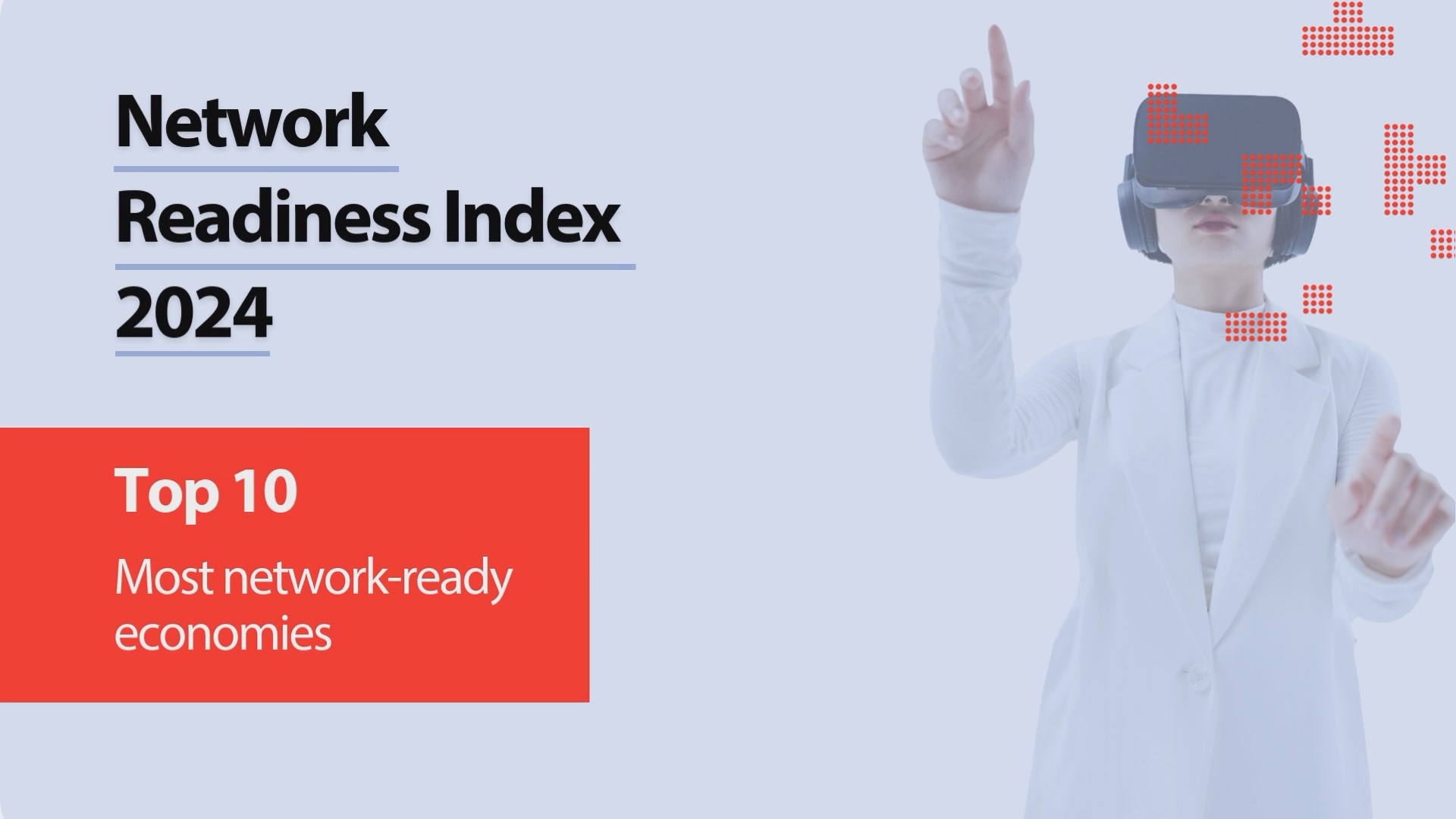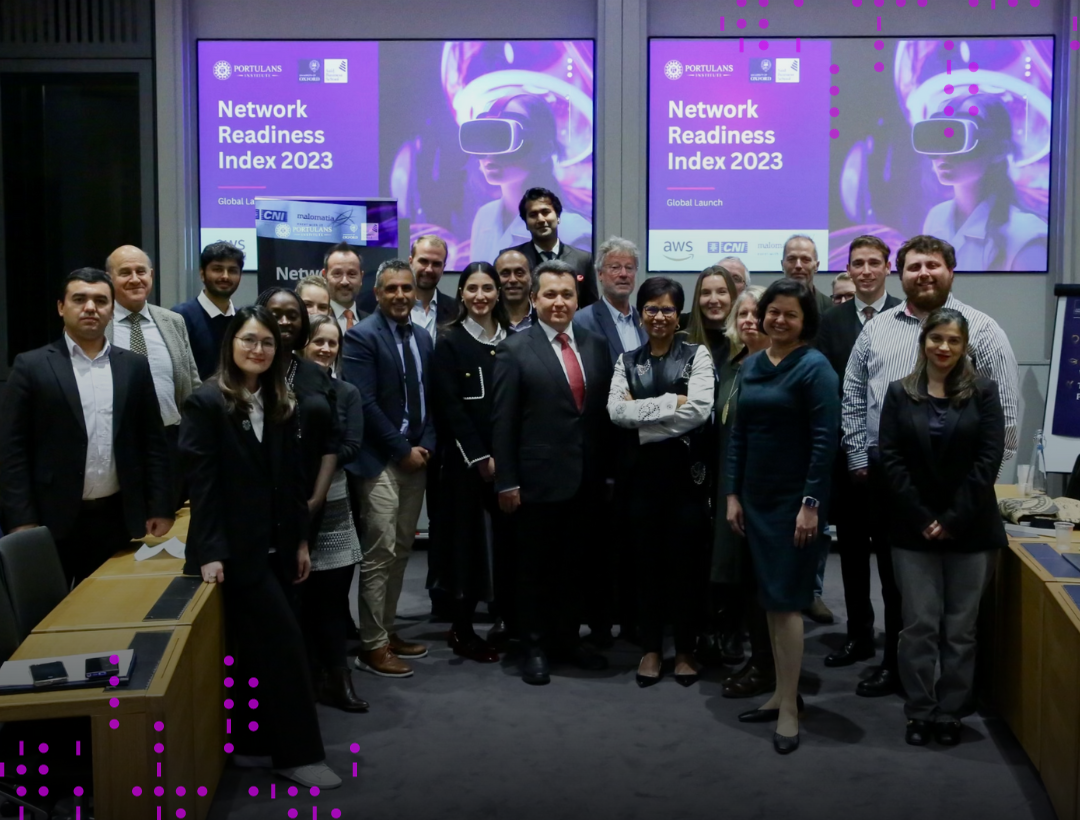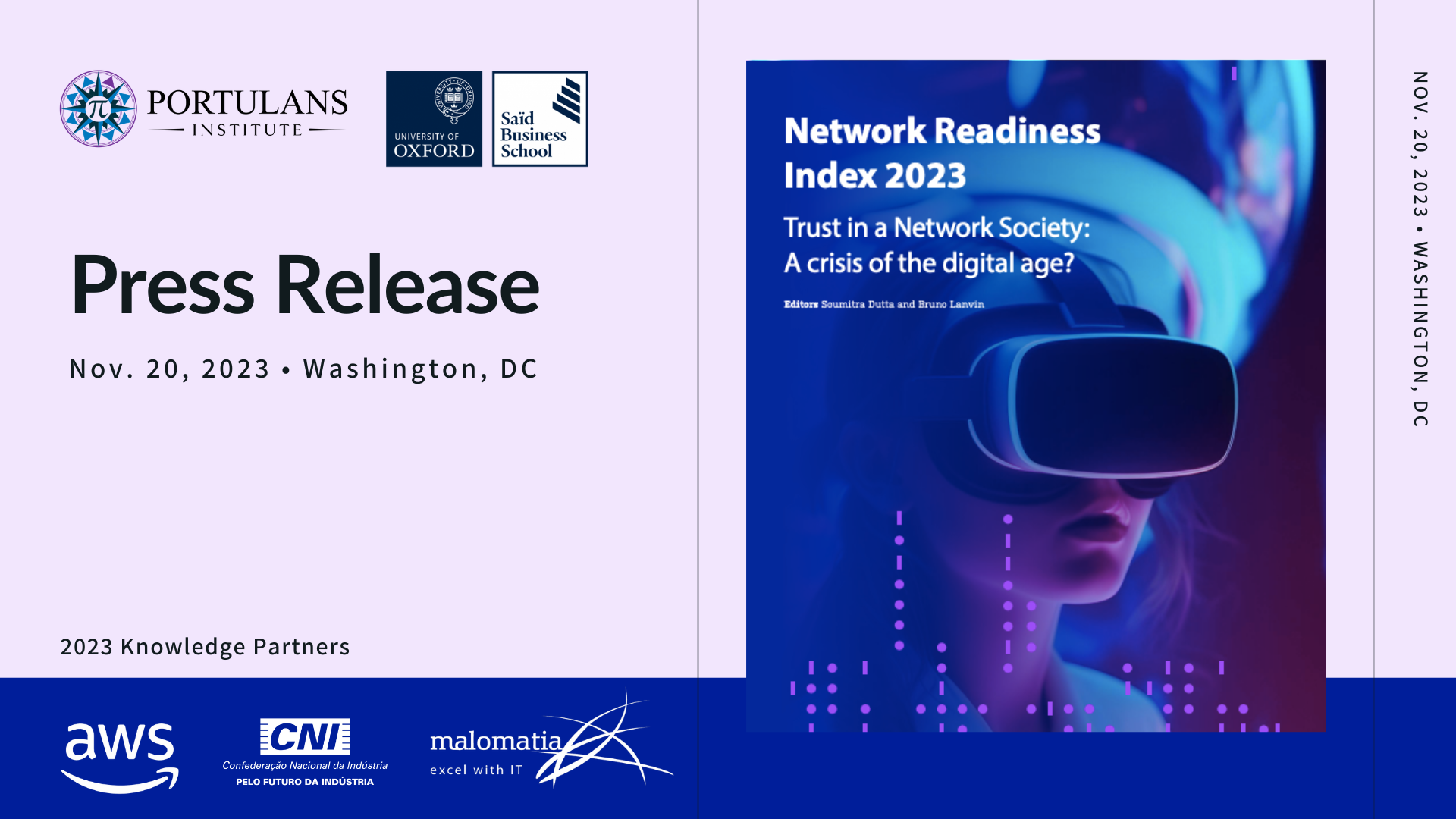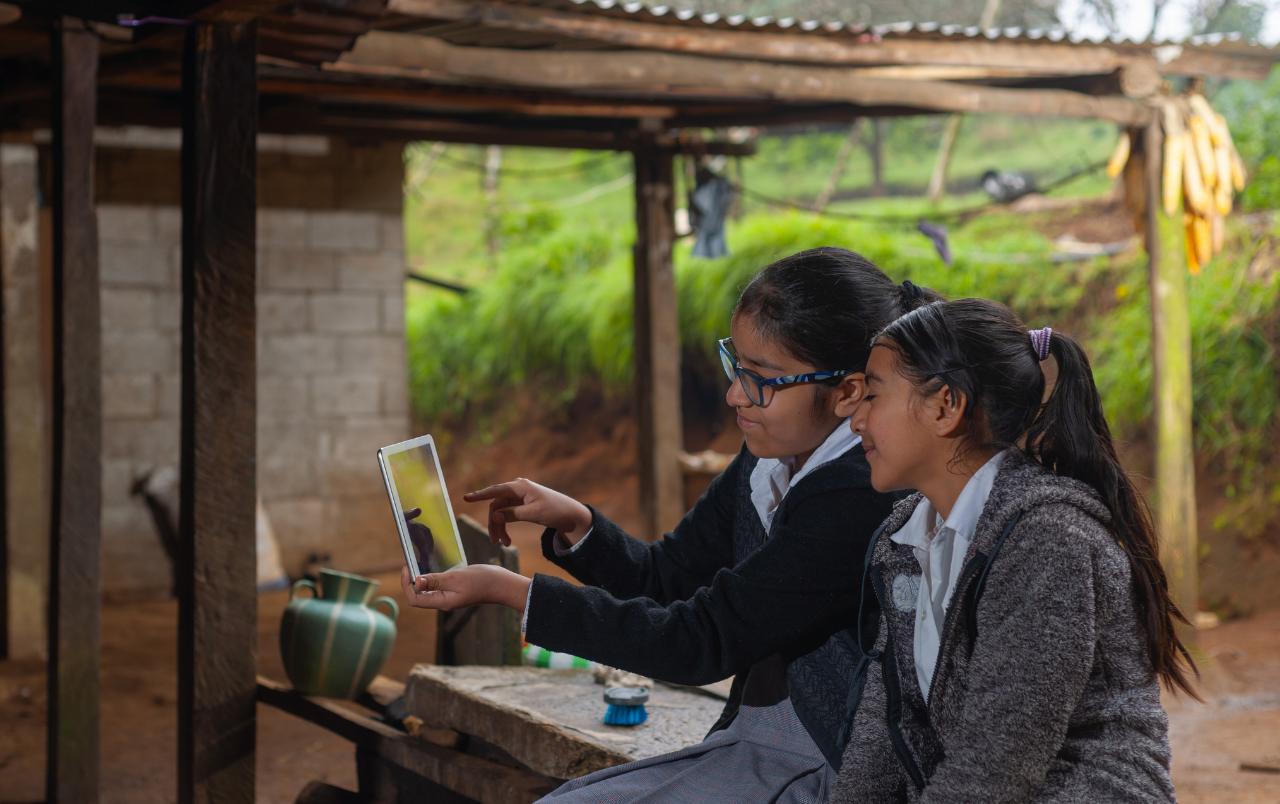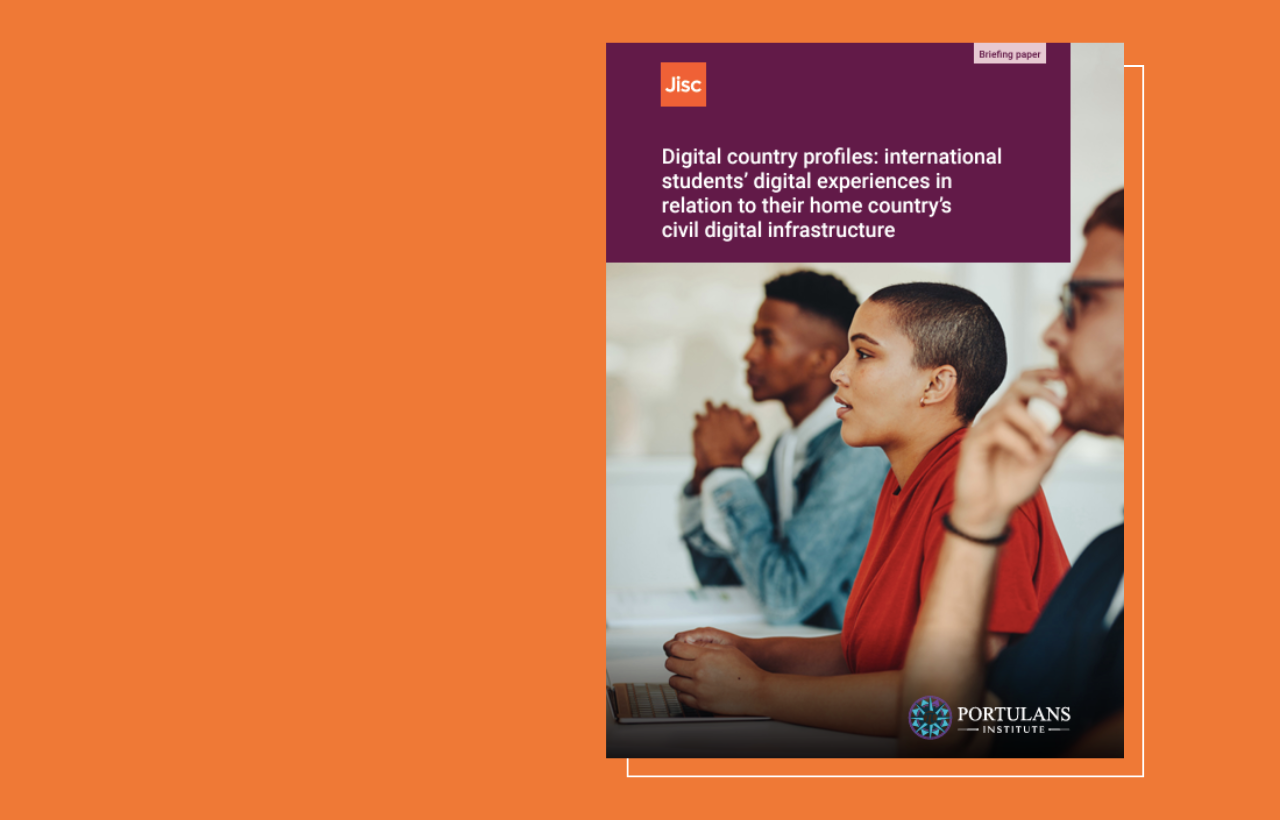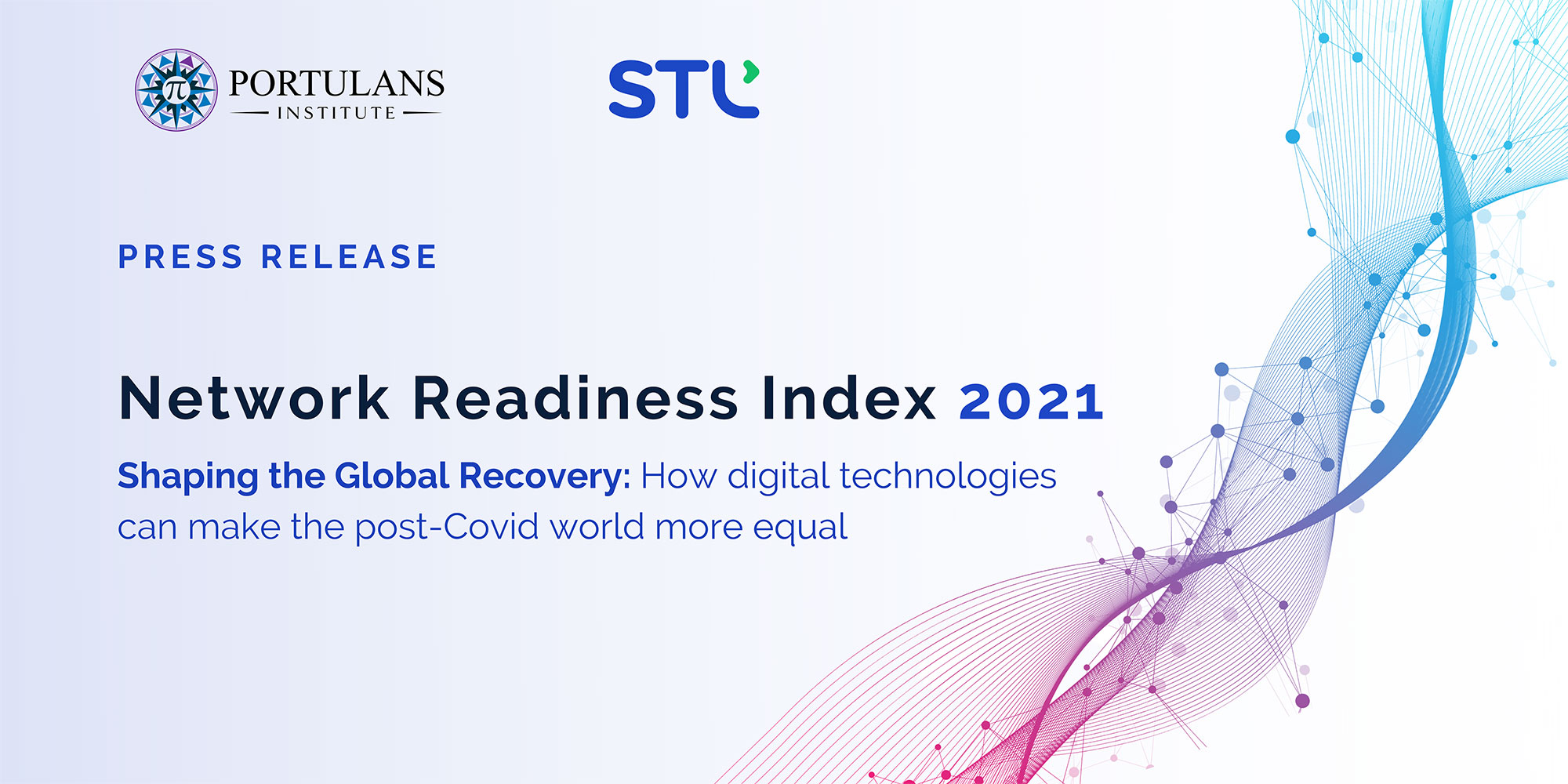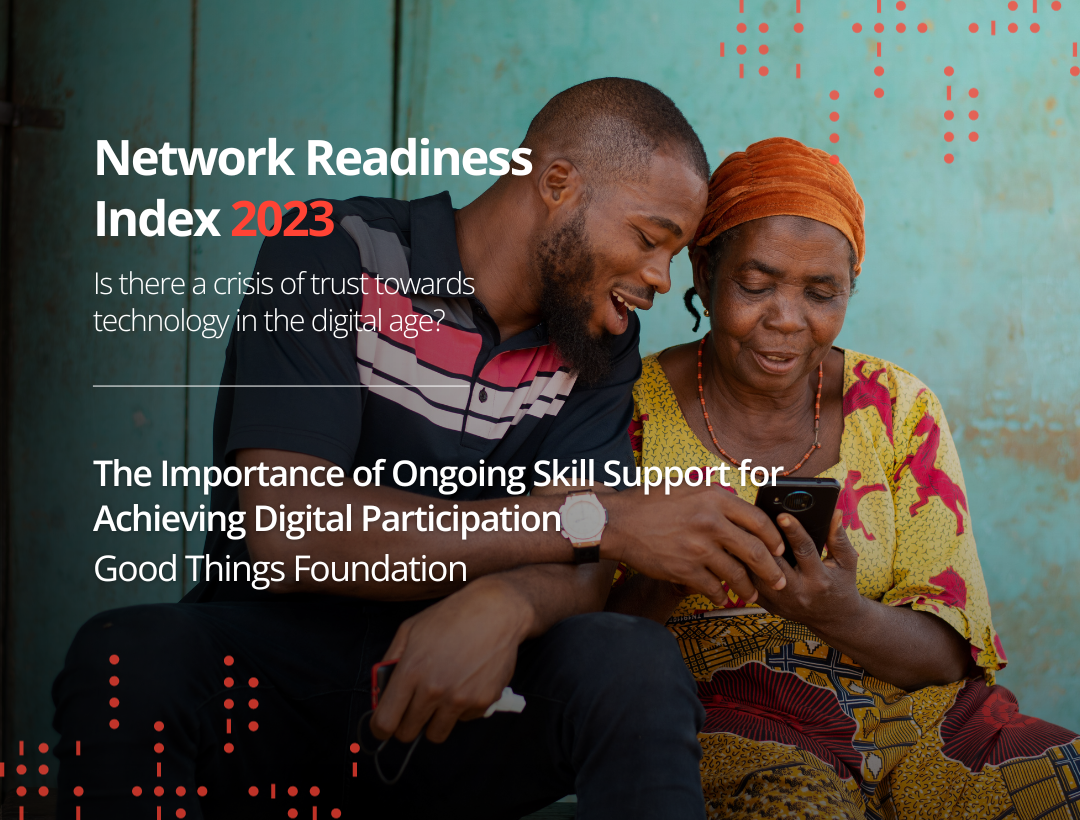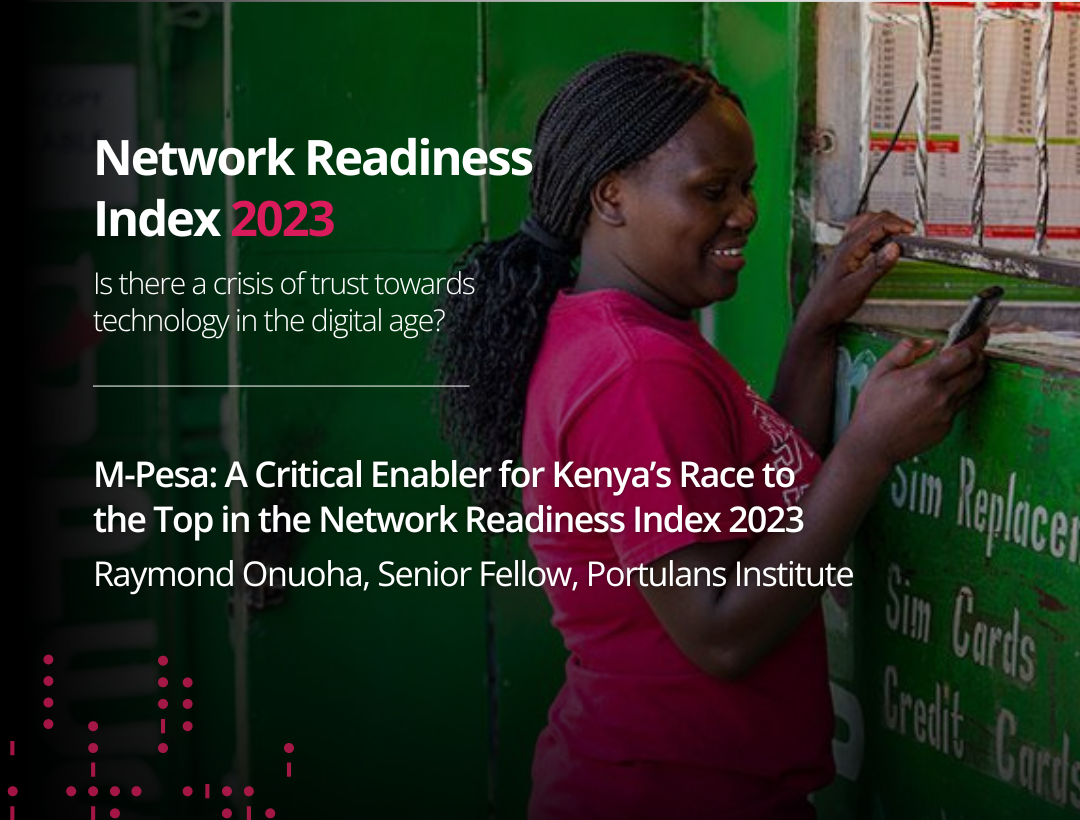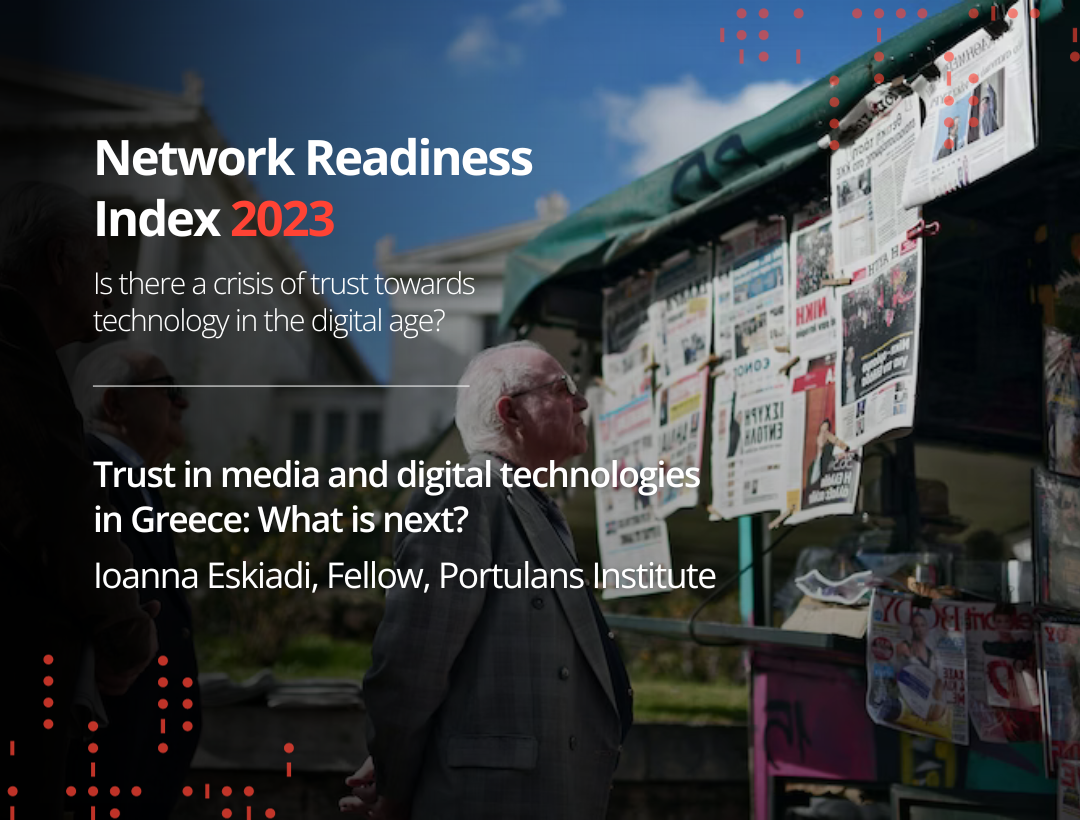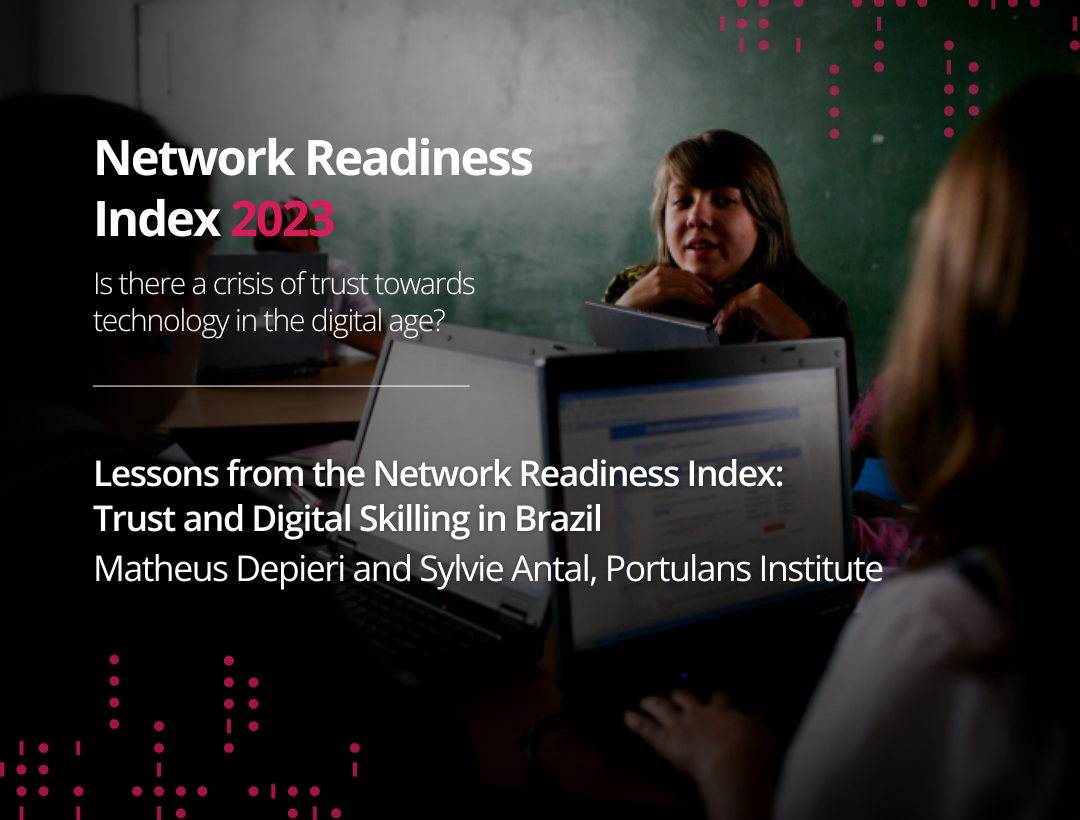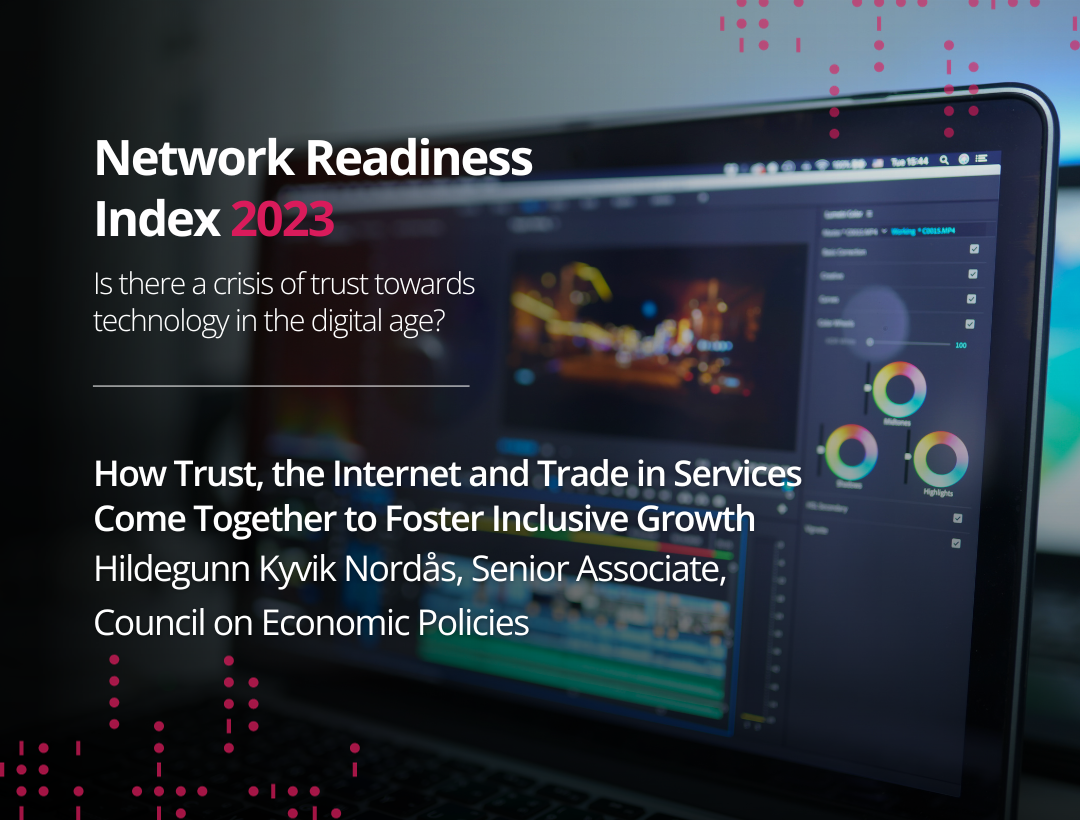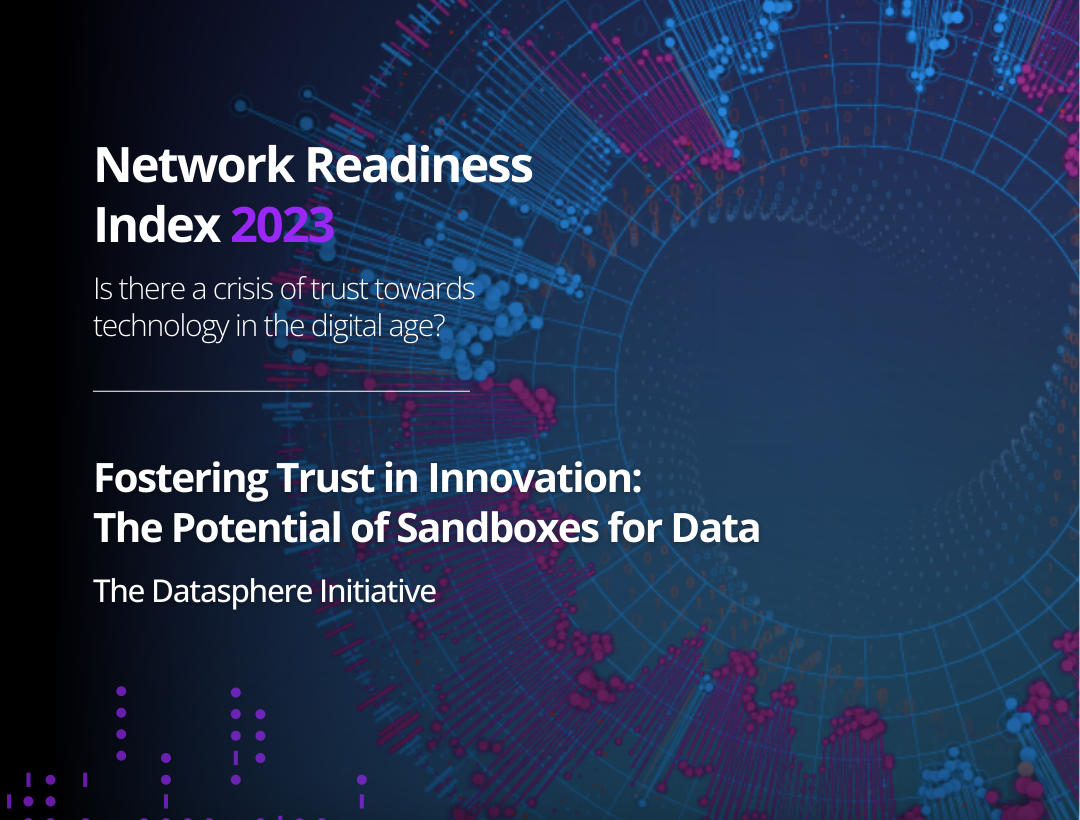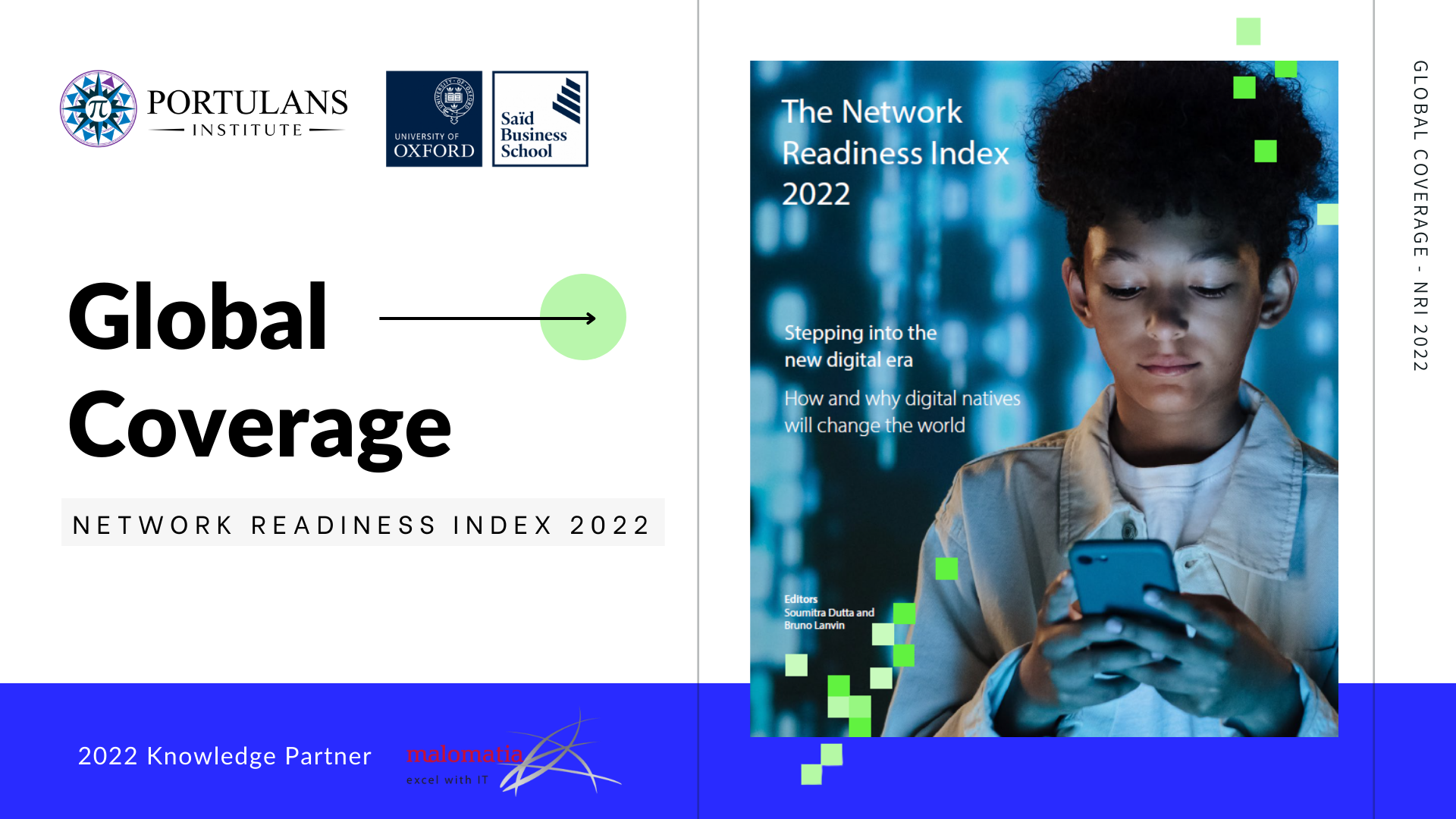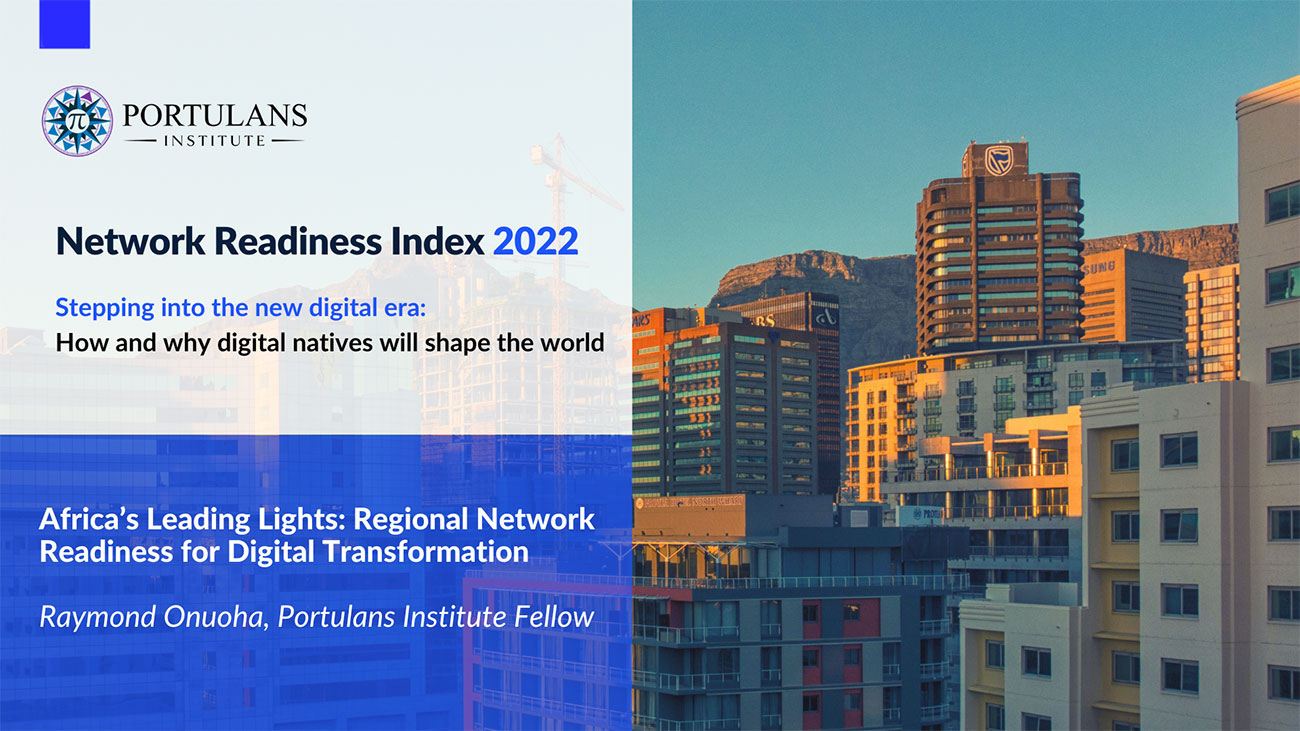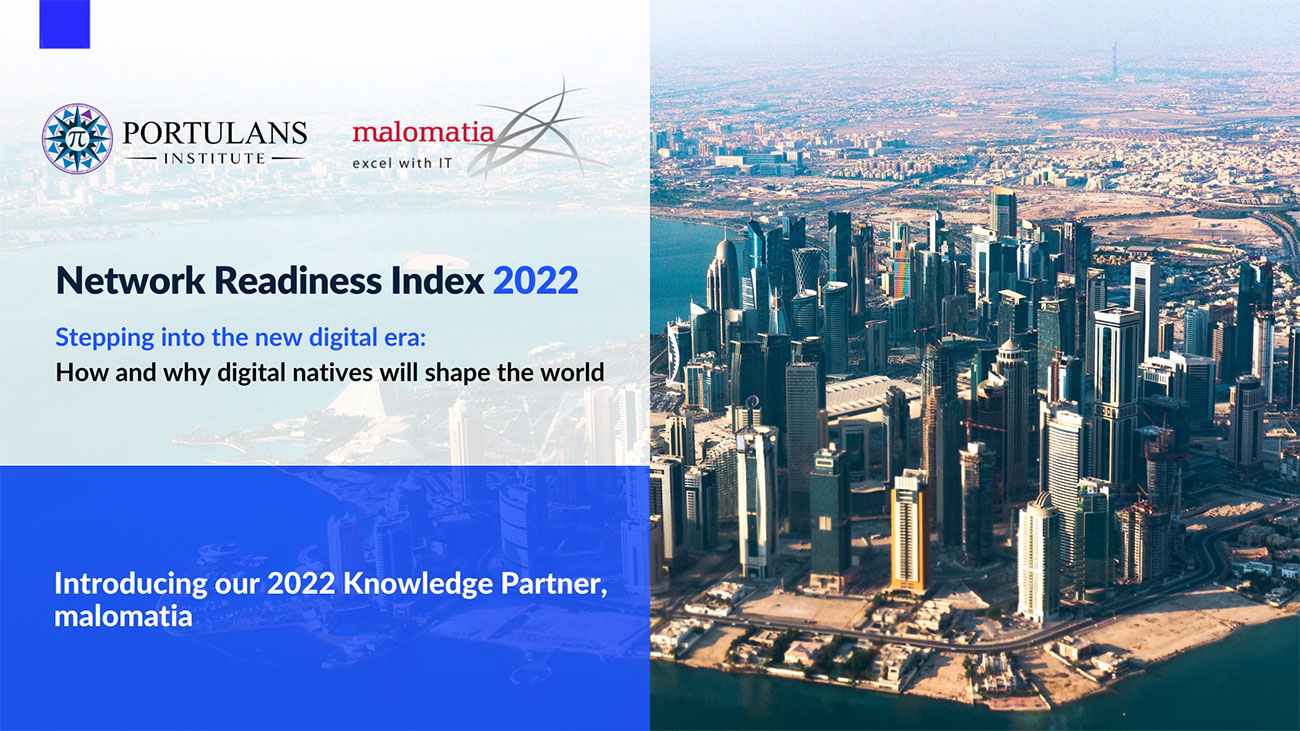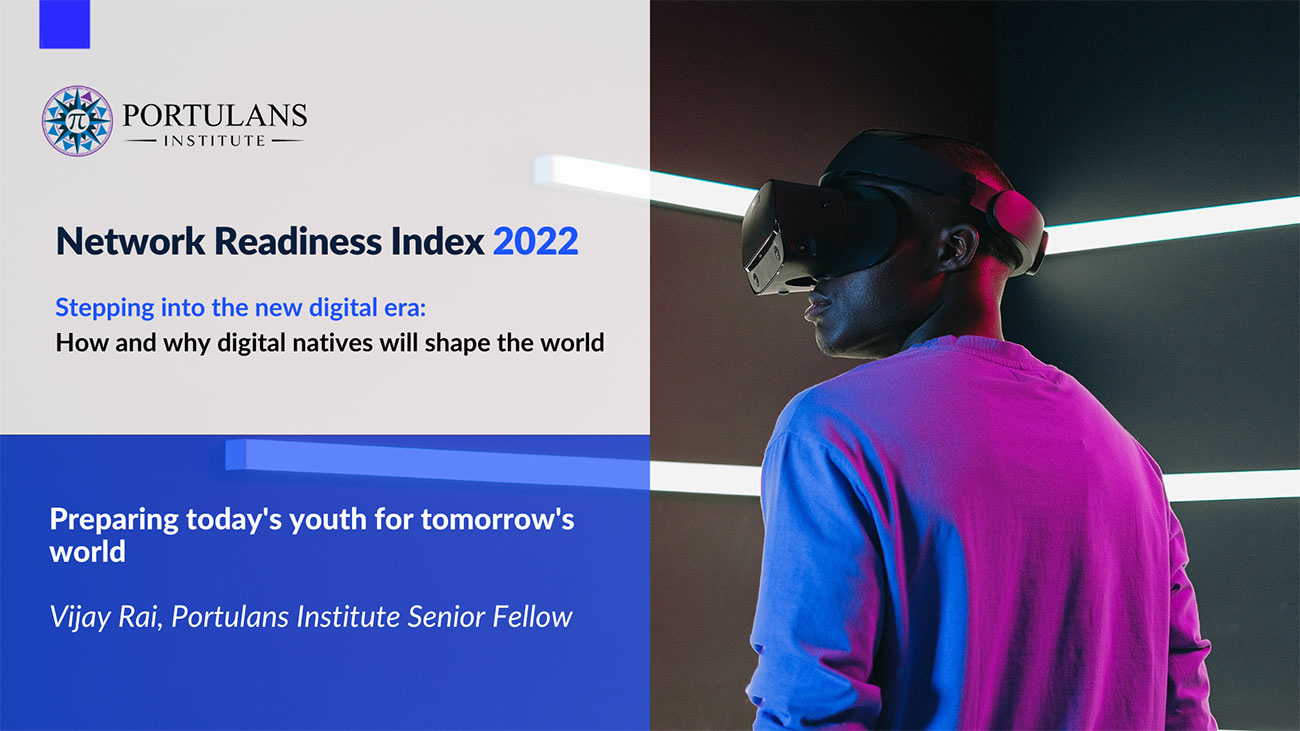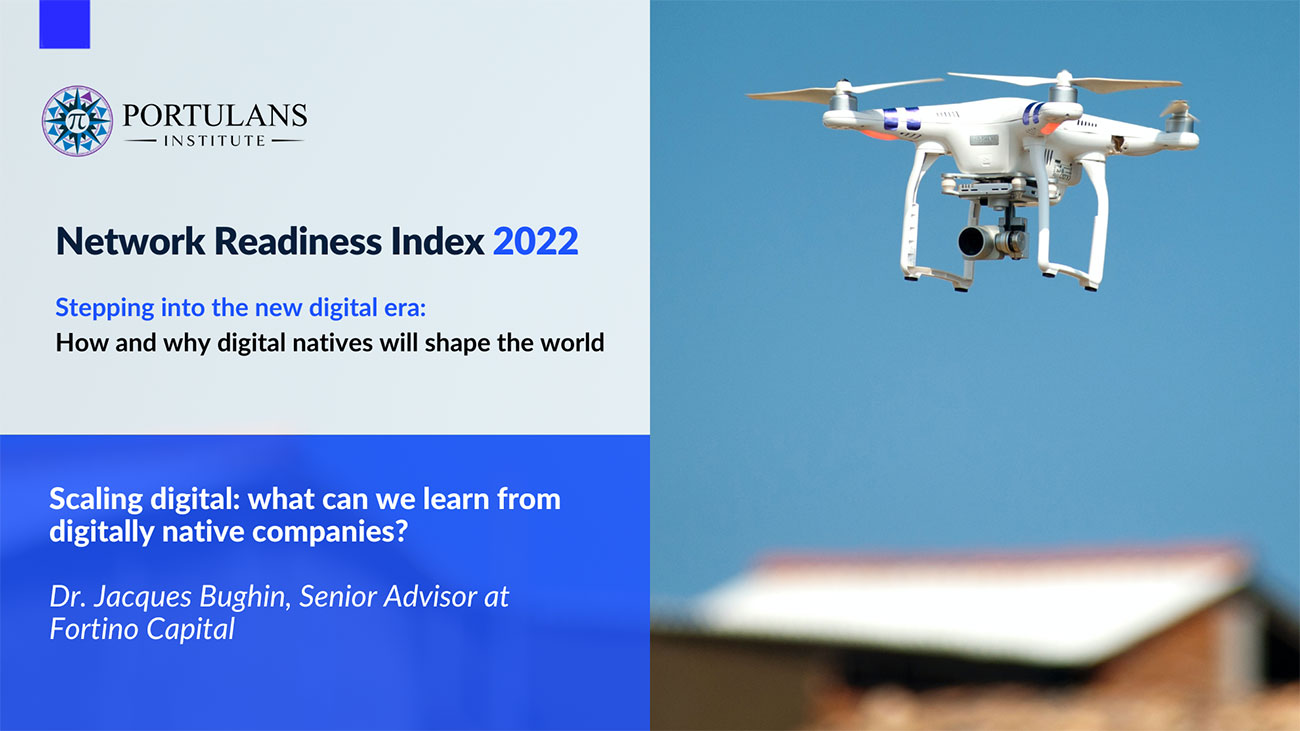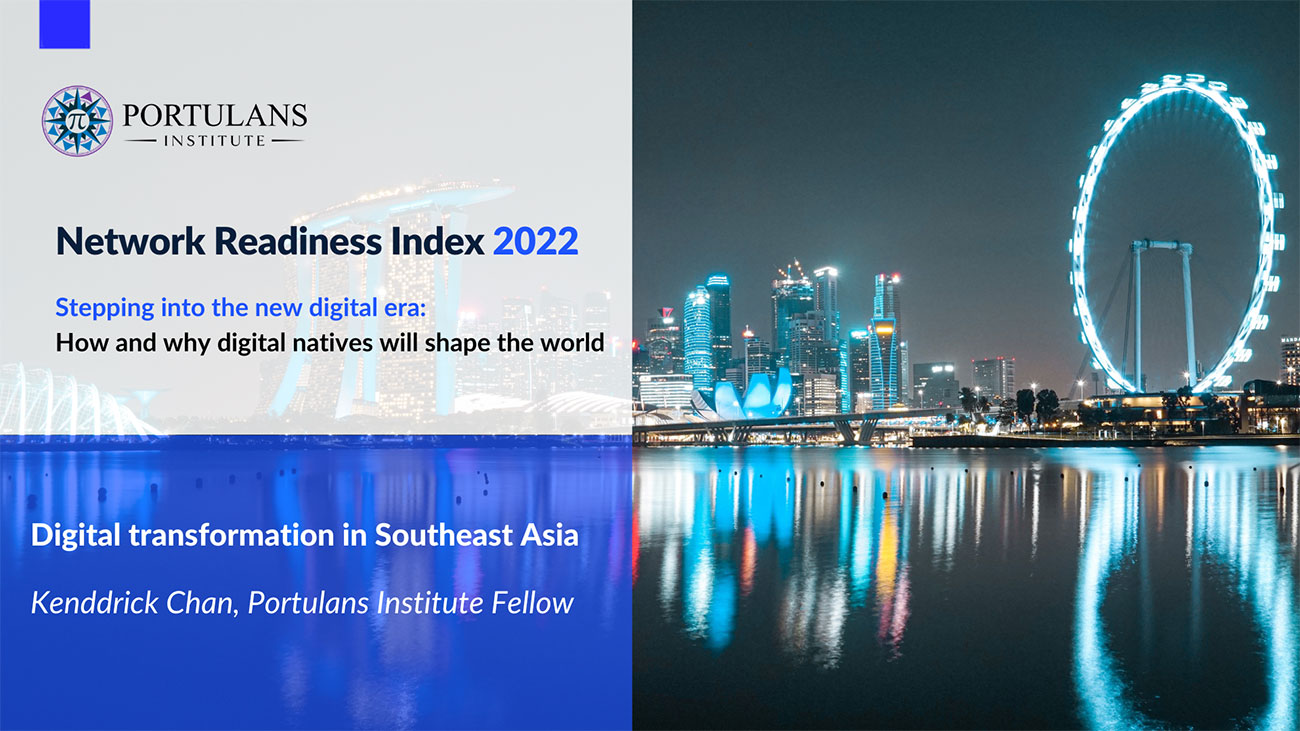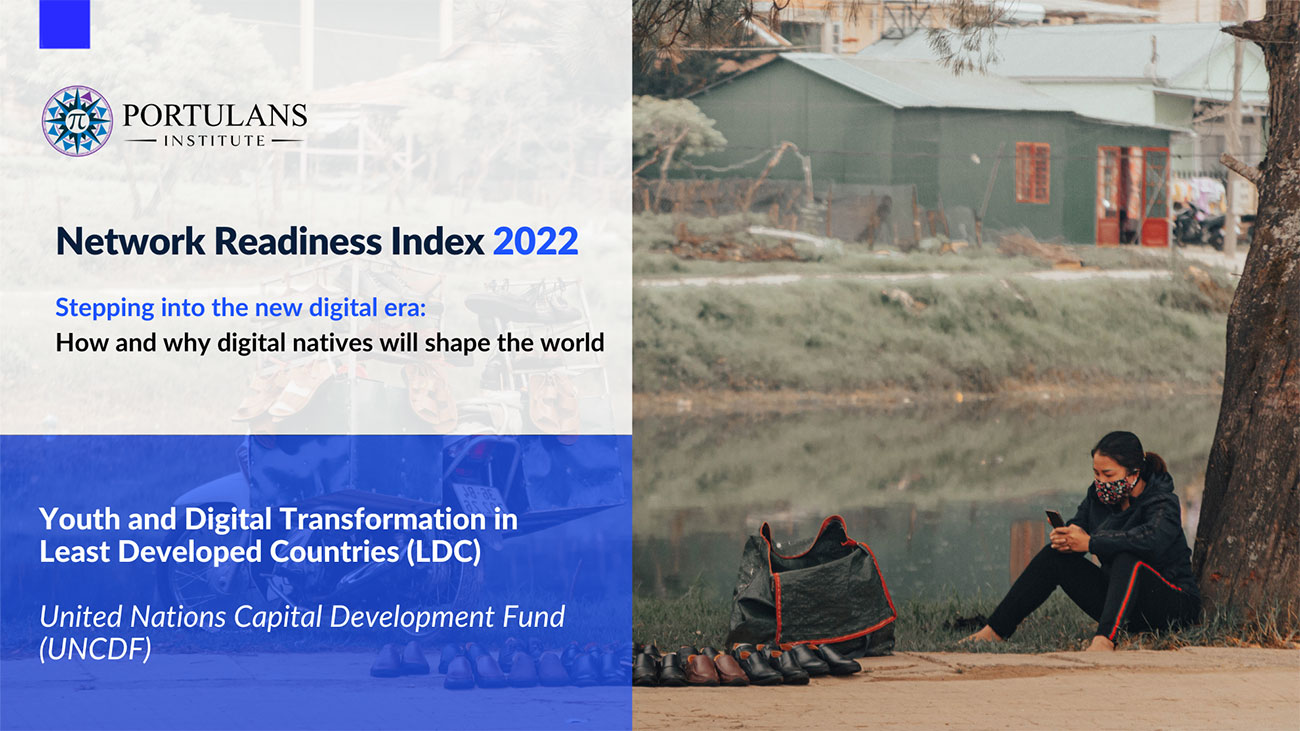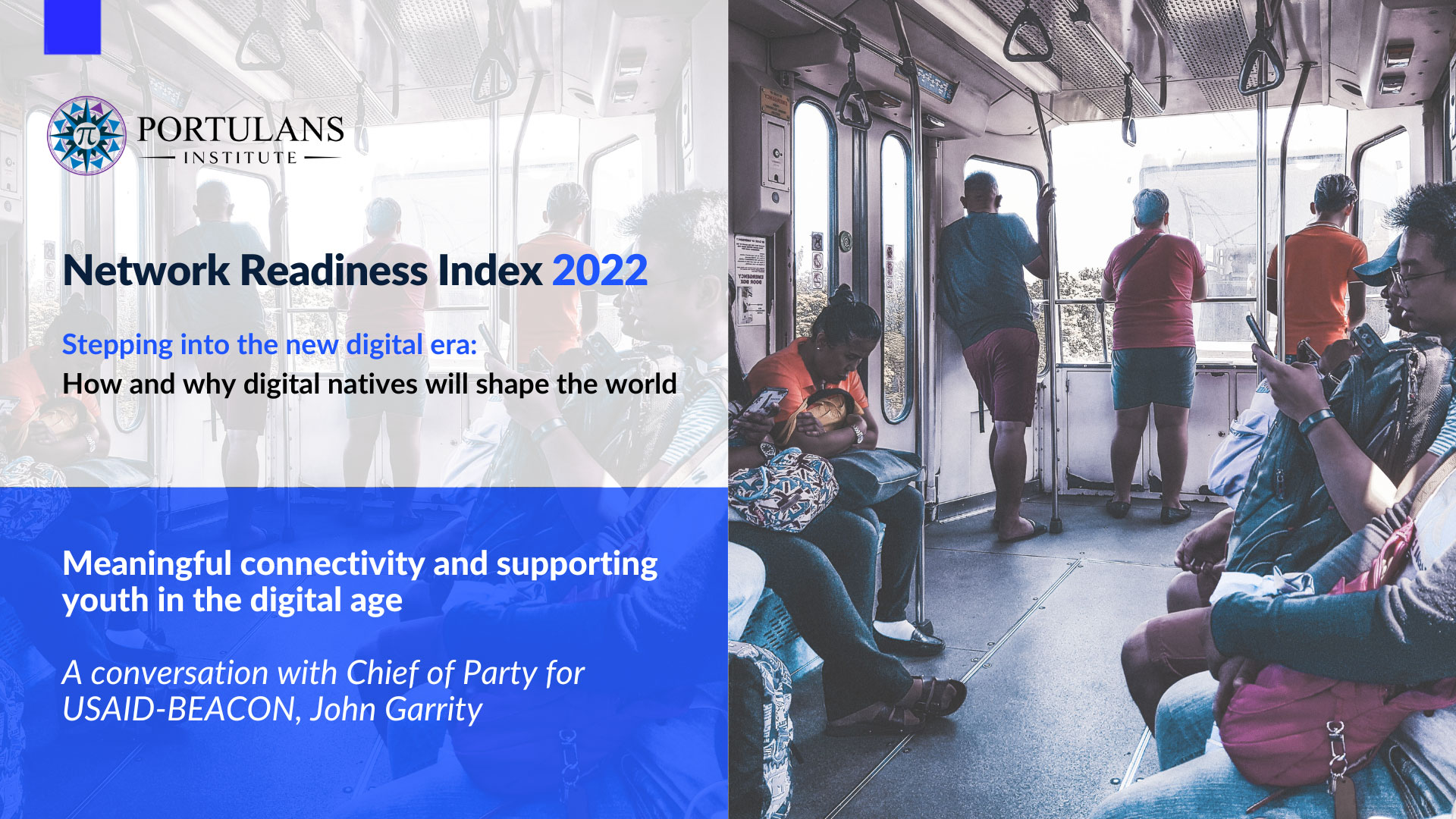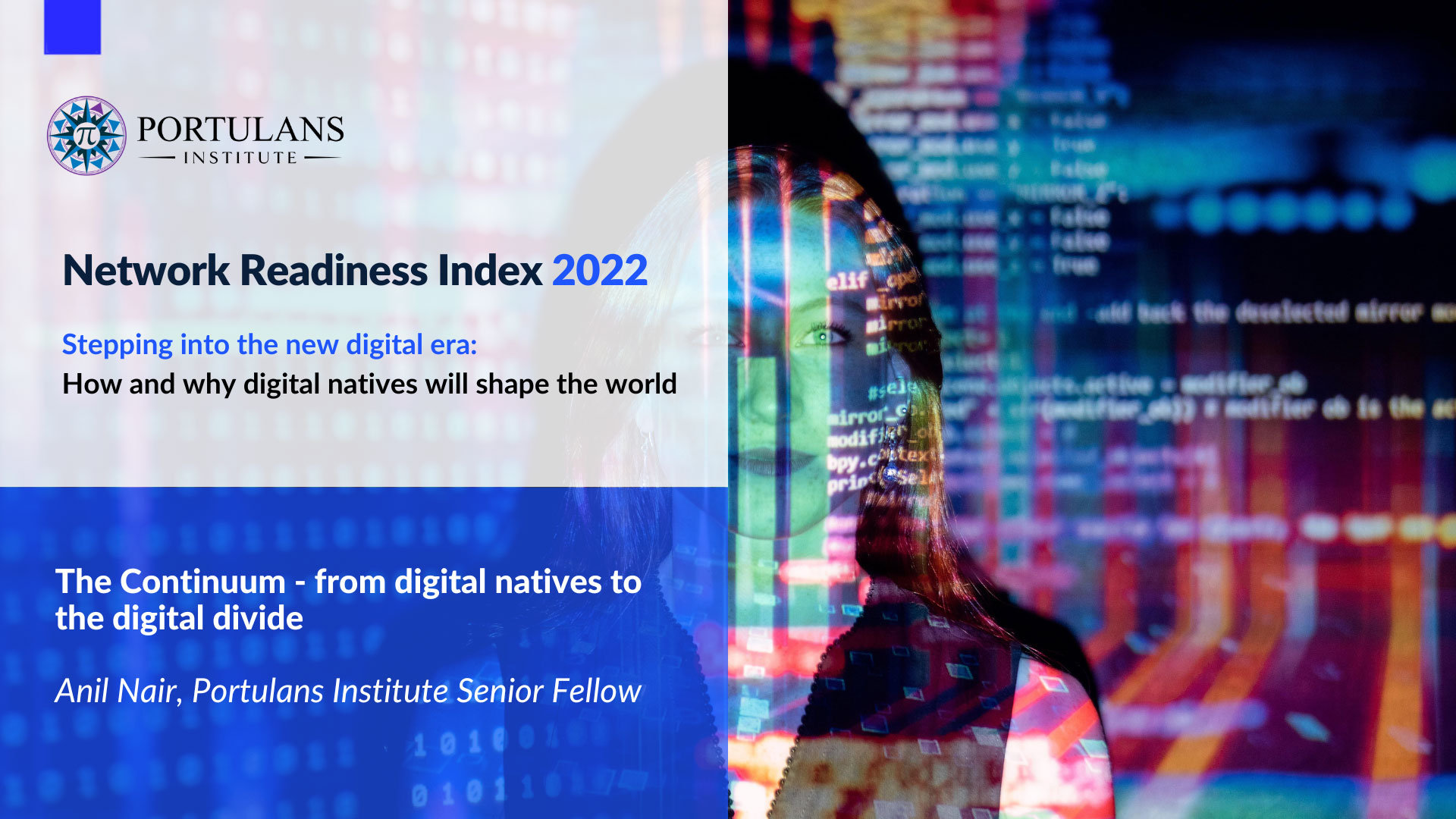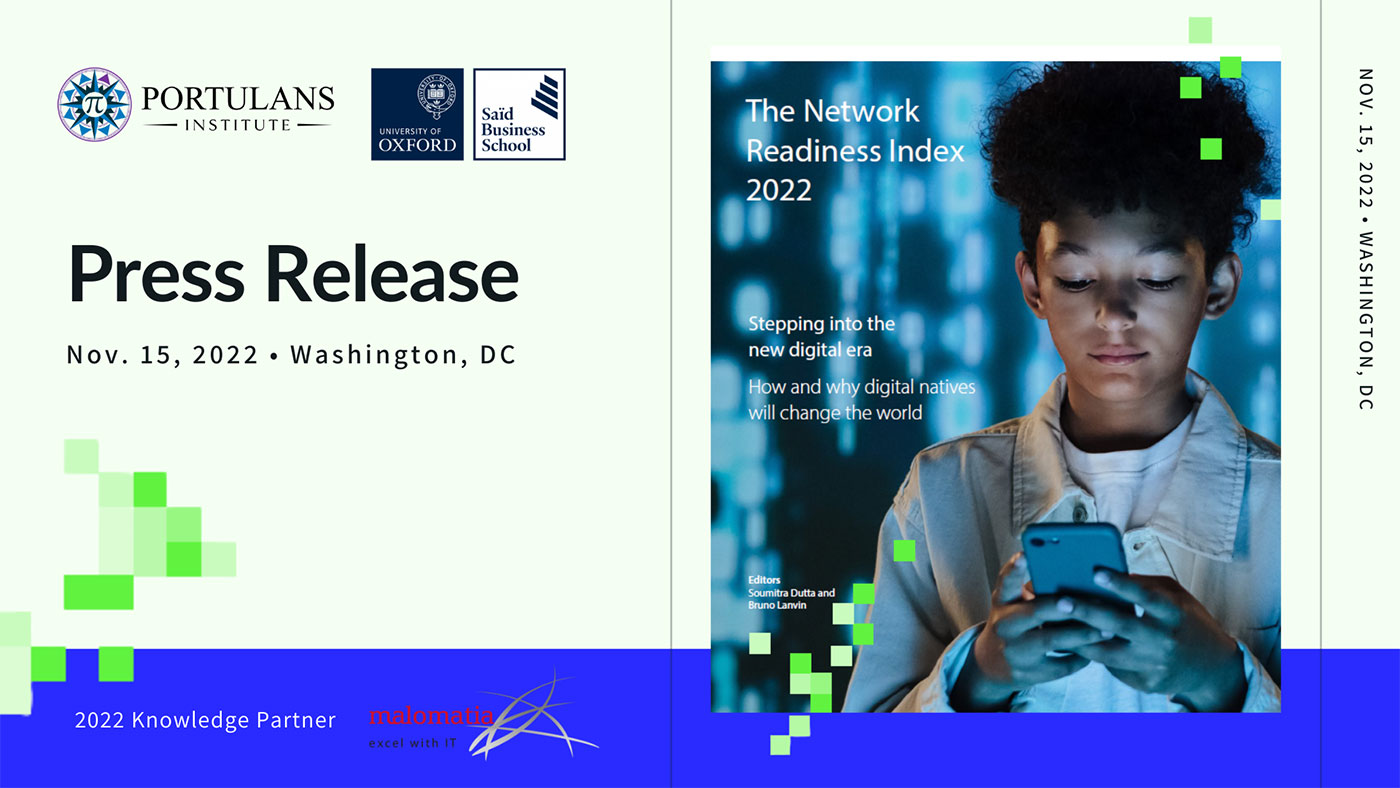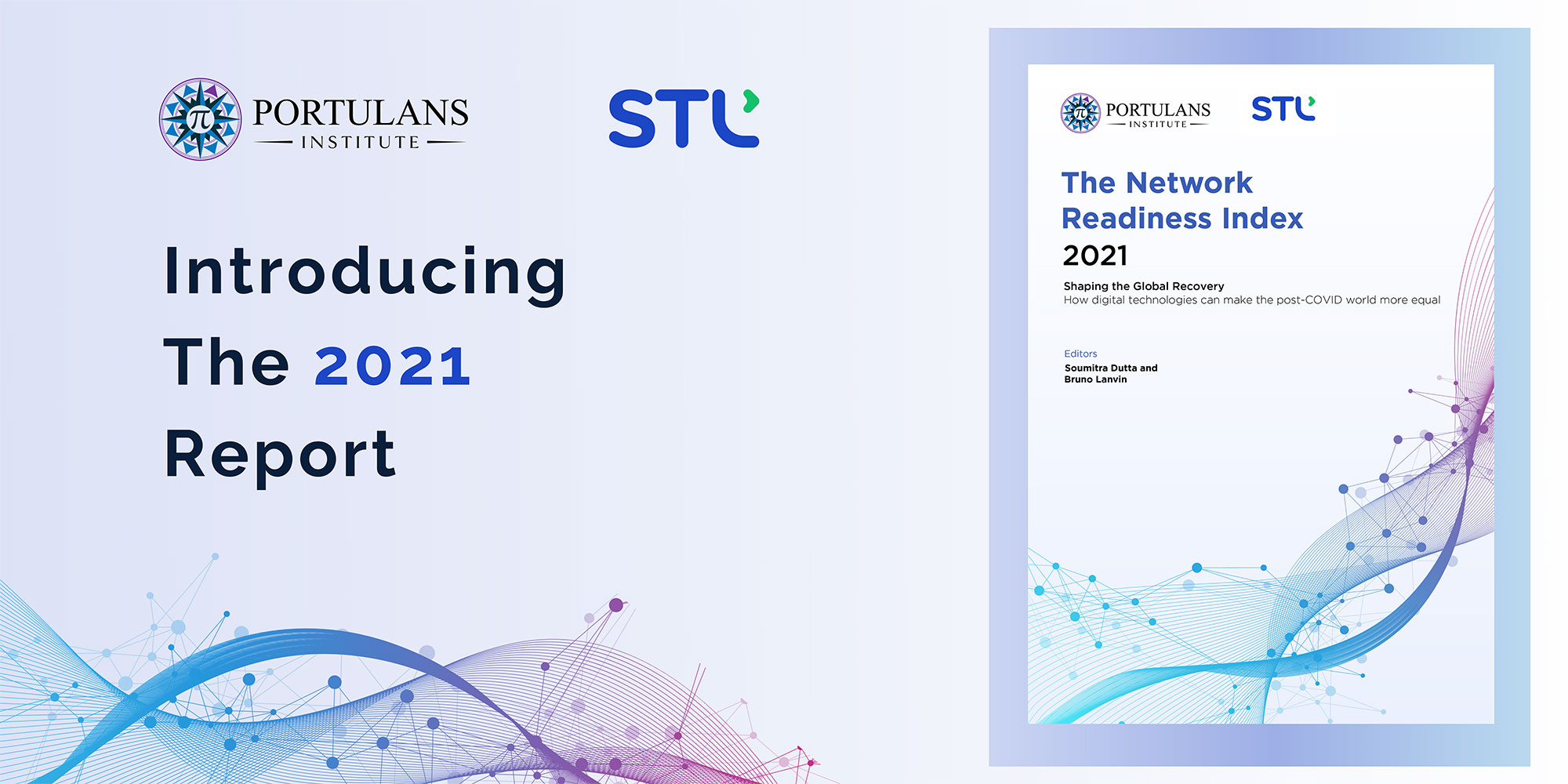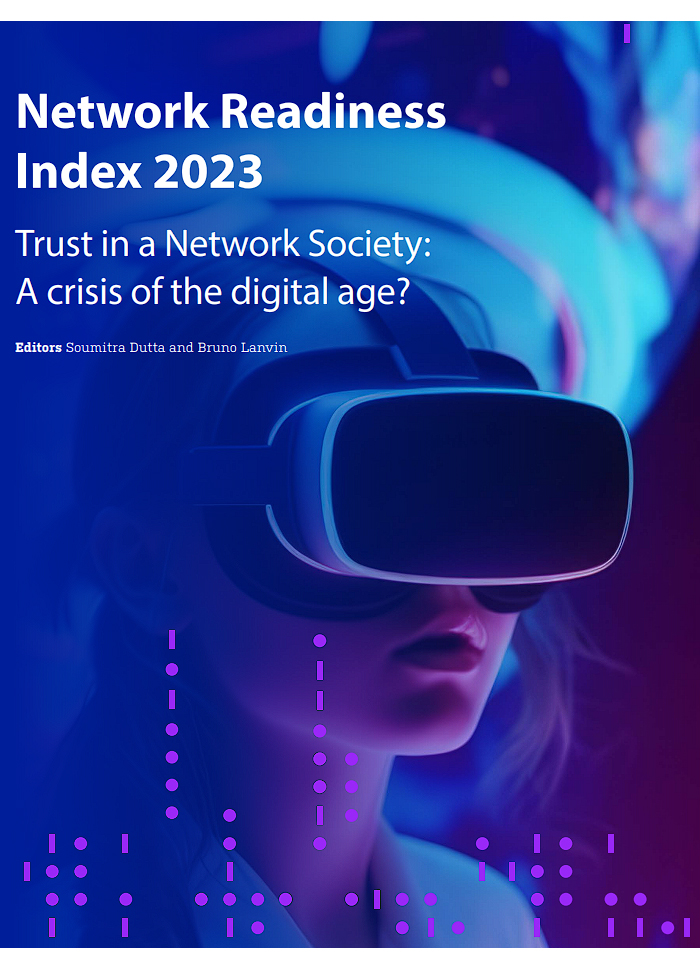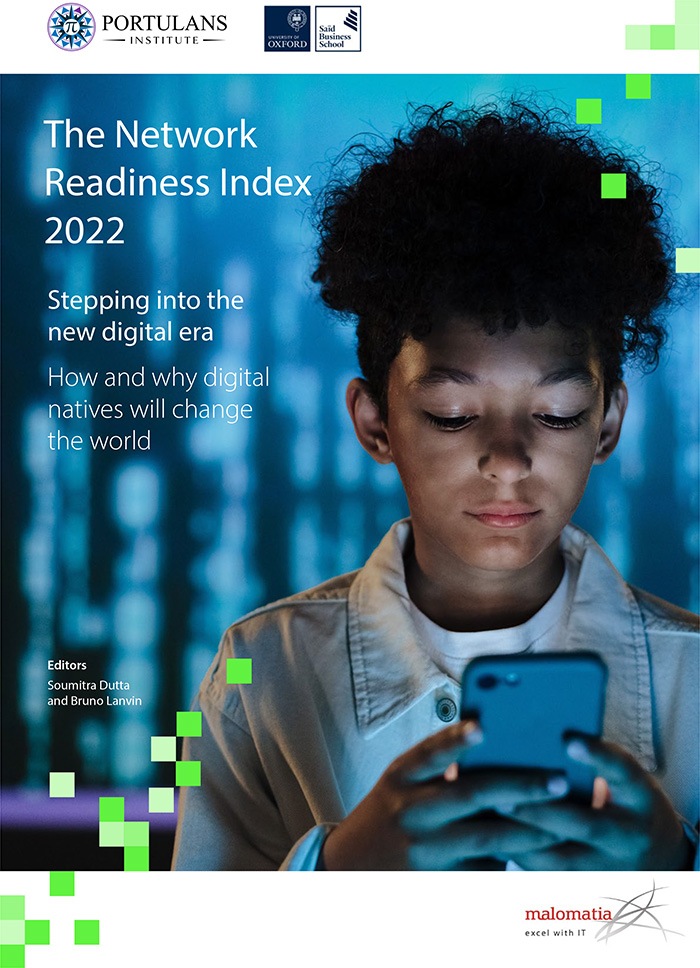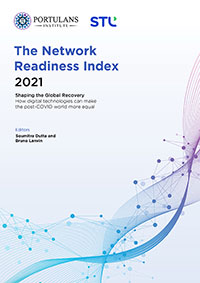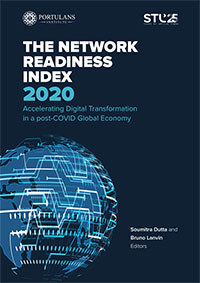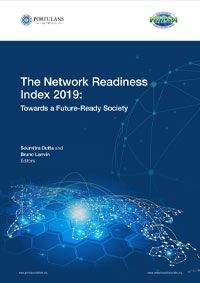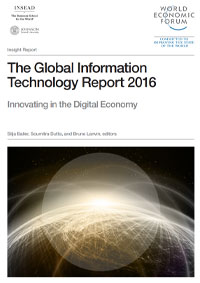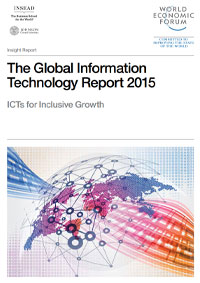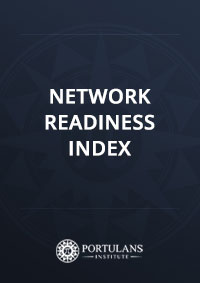Network Readiness Index 2024
Benchmarking the Future of the Network Economy
NRI 2024 Ranking
Download Report
Complete Dataset
Press Release
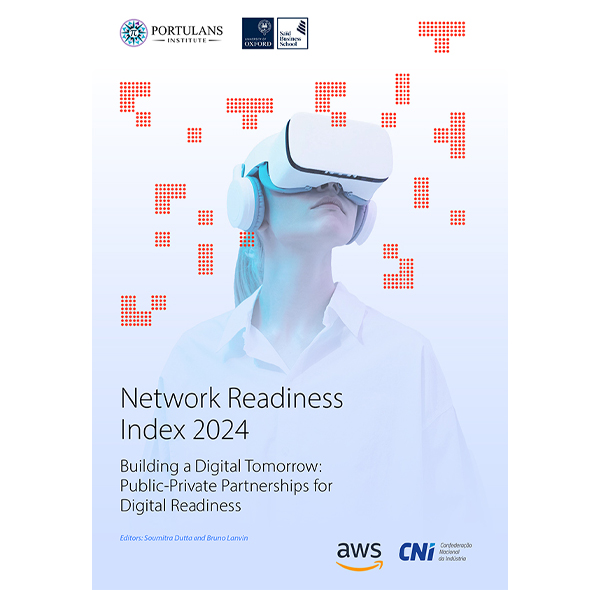
Our partners








Learn more about the benefits of becoming a knowledge partner → here.
For more information contact us at [email protected].
Explore the Readiness Ranking
Since network readiness is a multi-dimensional concept, the Network Readiness Index (NRI) is a composite index constructed with three levels.
The primary level consists of four pillars that make up the fundamental dimensions of network readiness. Each of the fundamental pillars divides into additional sub-pillars that constitute the second level. The third level consists of individual indicators distributed across the different sub-pillars and pillars of the primary and secondary levels. All indicators used within the NRI belong to a pillar and a sub-pillar.
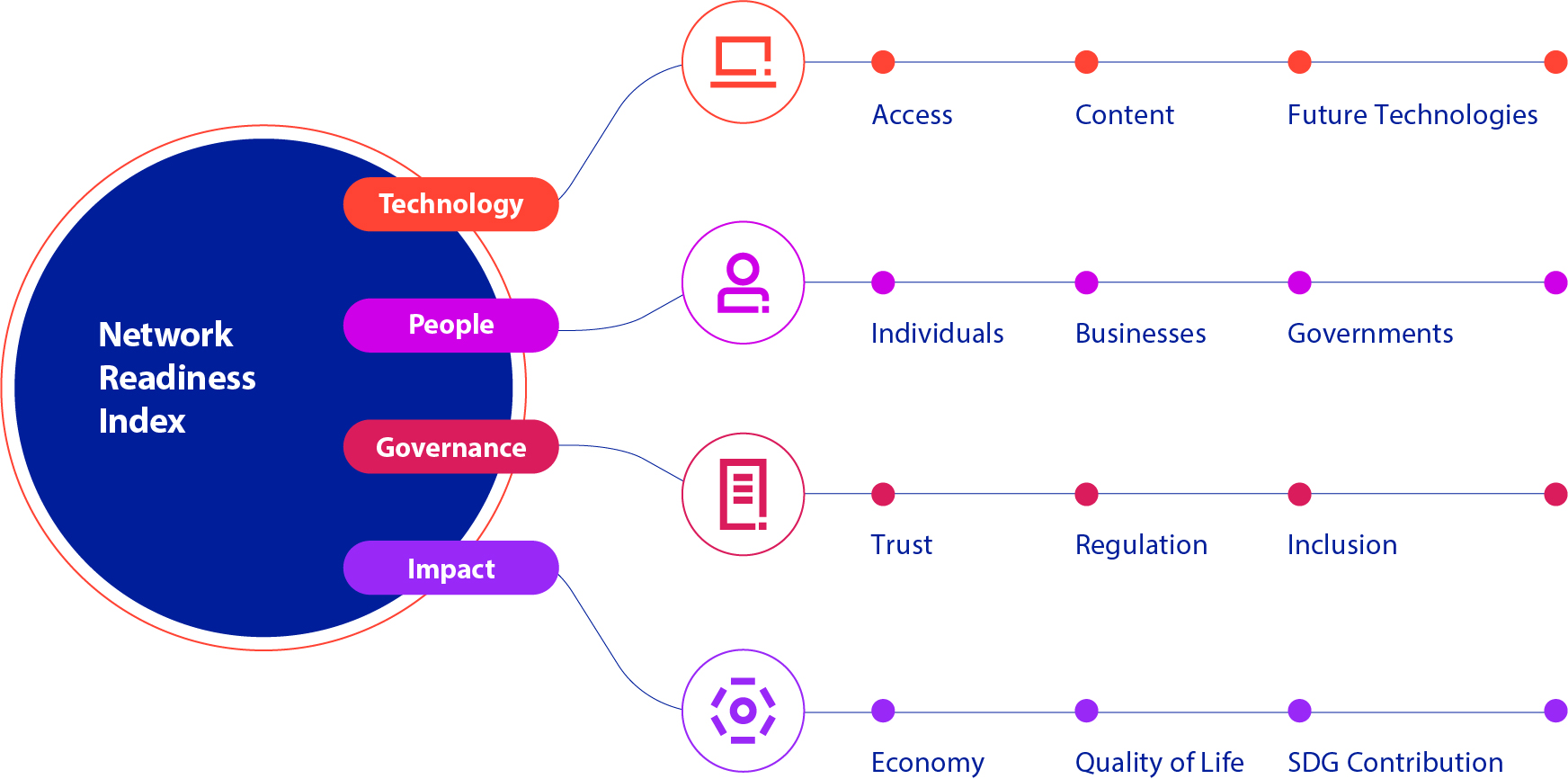
Network Readiness Index (NRI) 2024 Highlights

The most network-ready societies
According to the 2024 Network Readiness Index (NRI) report, the United States, Singapore, Finland, Sweden, and the Republic of Korea are leading as the most network-ready societies globally. Notably, seven out of the top ten countries are European, solidifying Europe’s position as the most digitally advanced region in the world.

Africa and Asia & Pacific Continue to Outperform Among Lower-Income Economies
Africa and Asia & Pacific Regions are Leaders in Digital Readiness Among Lower-Income Economies: Africa leads with 20 economies exceeding digital readiness expectations, particularly in Governance. Notably, Rwanda and Kenya performed well across all pillars. Similarly, economies in the Asia & Pacific region, like China and Vietnam, have shown high scores across all pillars, indicating their significant strides in digital transformation. This trend points to regional growth in digital infrastructure and strategic development, fostering resilience and progress even in lower-income settings.
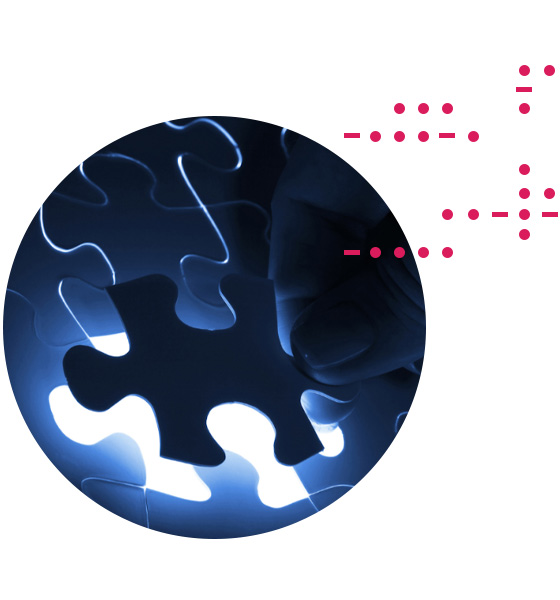
High-Income Economies Face Targeted Challenges
While high-income economies generally lead in digital readiness, several nations face specific challenges in infrastructure and technological advancement. For instance, Ireland, Luxembourg, and Qatar all show room for improvement in high-speed internet access, mobile network coverage, and international internet bandwidth. Additionally, some nations, including Croatia and Qatar, could enhance their contributions to AI research and investment in emerging technologies. Addressing these targeted areas will help high-income nations sustain their competitive edge and adapt to evolving digital demands.

Emerging Economies on the Rise
Emerging economies continue to make notable strides in digital readiness, challenging traditional hierarchies in global rankings. China, a digital powerhouse, leads by excelling across all foundational pillars—Technology, People, Governance, and Impact. These economies showcase how middle- and low-income countries can sustain high-levels of progress in digital transformations. Further, countries like Vietnam, Kenya, and Ukraine are also consistently surpassing expectations across multiple pillars, indicating that strategic investments in digital infrastructure and governance are enabling these nations to redefine their roles on the global digital stage and progressively close the gap with more developed economies.

Strategic Adaptation Spurs Digital Growth in Resource-Constrained Economies
Despite the traditional link between national wealth and digital readiness, many low- and middle-income countries are advancing through innovative, resource-efficient approaches to technology adoption. China sets a strong example, leading this group at 17th globally, and is closely followed by countries like Thailand, Brazil, Vietnam, and Kenya. In particular, nations in the Asia & Pacific and Africa regions—such as India, the Philippines, Ghana, and Côte d'Ivoire—are deploying adaptive digital strategies and policies tailored to their unique economic contexts. These examples demonstrate how resourceful approaches and targeted investments allow emerging economies to make impactful digital strides, even with limited resources, reshaping the digital landscape through resilience and ingenuity.
- Africa30 Countries

- Arab States13 Countries

- Asia & Pacific21 Countries

- CIS6 Countries

- Europe41 Countries

- The Americas22 Countries

- Albania
- Austria
- Belgium
- Bosnia and Herzegovina
- Bulgaria
- Croatia
- Cyprus
- Czechia
- Denmark
- Estonia
- Finland
- France
- Georgia
- Germany
- Greece
- Hungary
- Iceland
- Ireland
- Israel
- Italy
- Latvia
- Lithuania
- Luxembourg
- Malta
- Montenegro
- Netherlands
- North Macedonia
- Norway
- Poland
- Portugal
- Republic of Moldova
- Romania
- Serbia
- Slovakia
- Slovenia
- Spain
- Sweden
- Switzerland
- Turkiye
- Ukraine
- United Kingdom
Countries
Historically, the Top 10 performers in the NRI exhibit three prominent trends: they consistently belong to high-income economies, demonstrating robust network readiness across all dimensions, and European countries continue to dominate the list.
These trends continue in the NRI 2024, with each of the top 10 countries achieving a top 25 ranking across all four primary pillars (Technology, People, Governance, Impact).
As for regional representation, Singapore and the Republic of Korea are the only countries from Asia and the Pacific that appear in the top 10, while the United States is the sole representative from the Americas. The remaining top 10 positions are occupied by European countries, underscoring their continued dominance in global network readiness.
Latest News
Past Reports
Our Story
Initially launched in 2002 with the World Economic Forum, the NRI has been redesigned in 2019 by its founders and co-editors, Soumitra Dutta and Bruno Lanvin, now under the auspices of the Portulans Institute, to reflect how technology and people need to be integrated within an effective governance structure in order to have the right impact on our economy, society and the environment. The 2024 NRI is the sixth edition of this renewed methodological model and it is focused on the role of Public Private Partnerships in advancing digital readiness globally.

